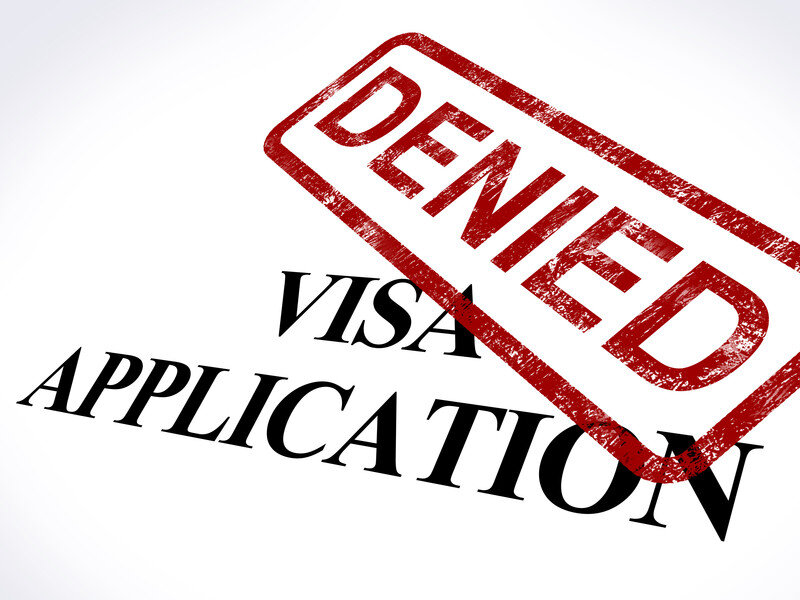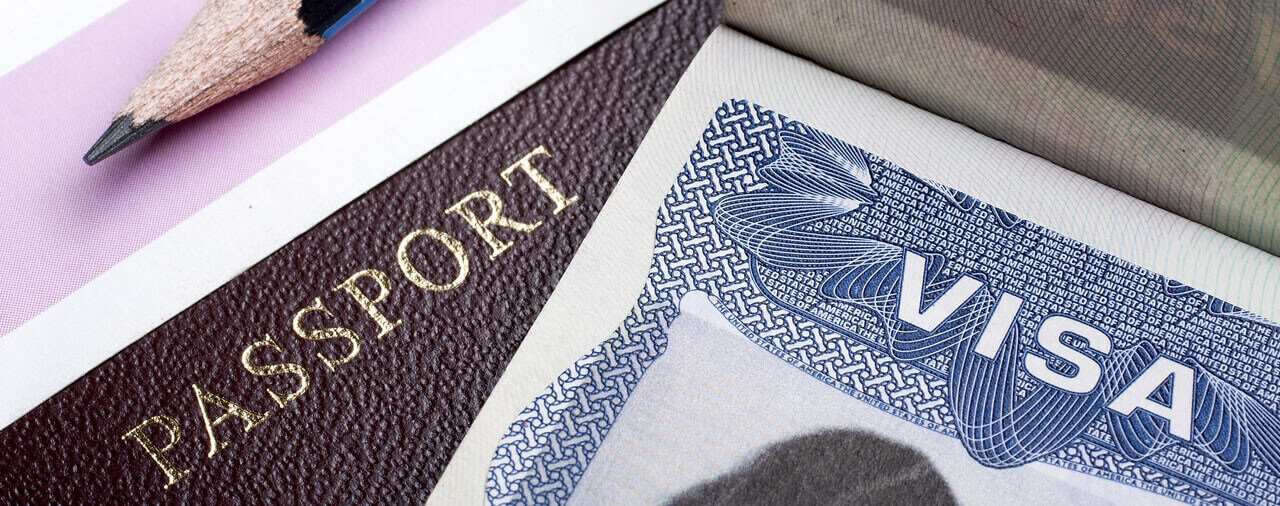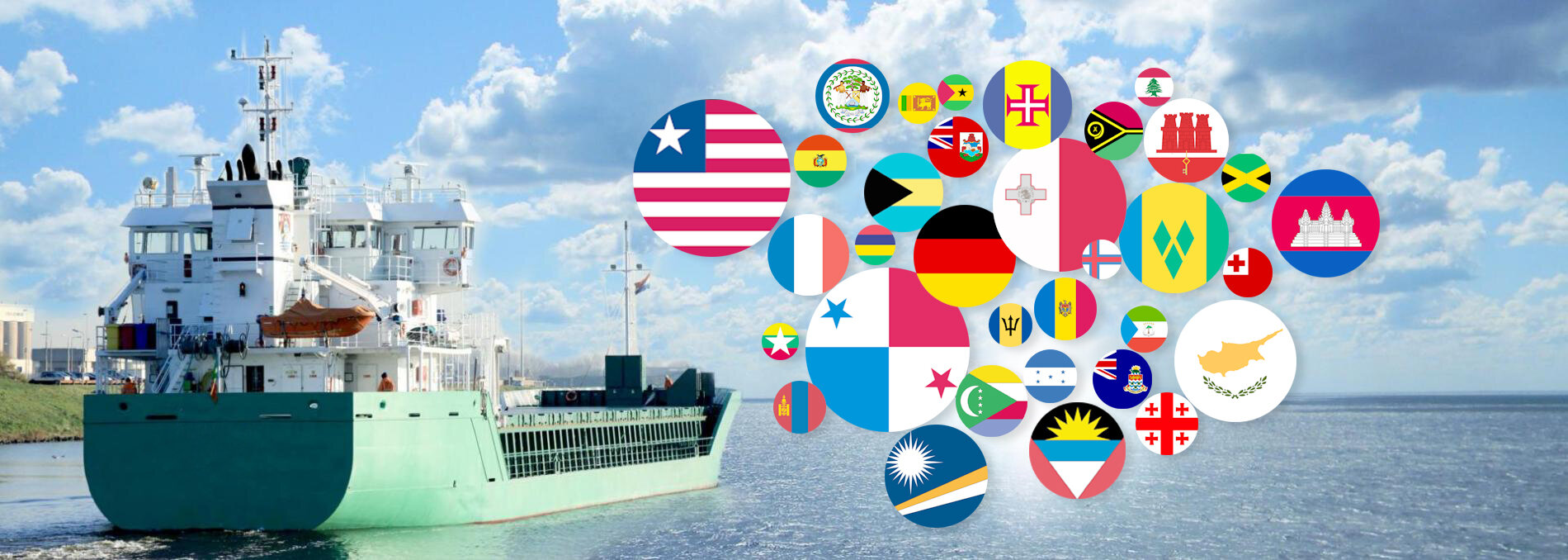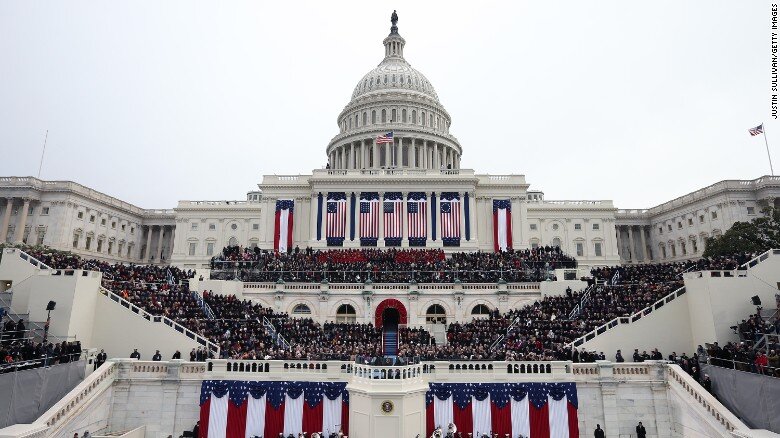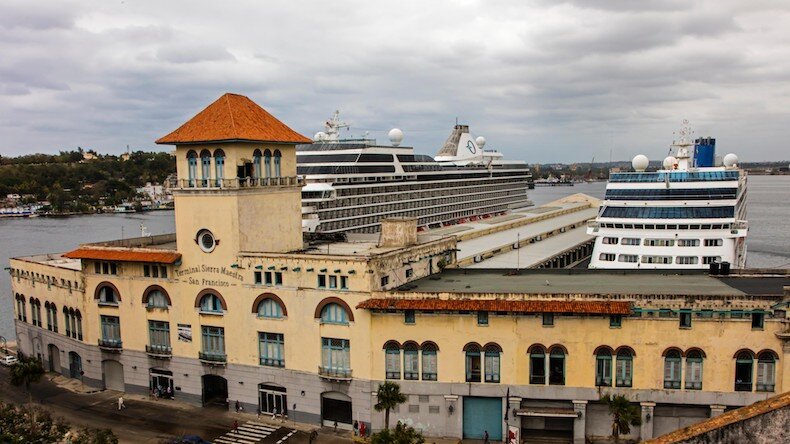.15% Of 5,913 Certified Claimants Have Sued
To Punish Cuba, U.S. Companies Have Been Sued
45.4% Of Defendants Are U.S. Companies
Five Cuba Companies Were Defendants In Initial Lawsuits; Two Remain
Law Firms Are Big Winners
Why Did Trump Administration Avoid Negotiating A Certified Claims Settlement?
Cuba Has Been Impacted
Comments From U.S./EU/Cuba Officials
To share that some officials within the Trump Administration are heartbroken due to lack of robust use of Title III of the Cuban Liberty and Democratic Solidarity Act of 1996 (known as “Libertad Act”) is an incalculable understatement.
The company owning the first asset expropriated by the government of the Republic of Cuba has not sued. The largest and second-largest certified claimants have not sued. The eighth-largest certified claimant (Exxon Mobil Corporation) has sued two Republic of Cuba government-operated companies. The smallest certified claimant has not sued. Approximately .15% of certified claimants, to whom the Libertad Act was marketed as benefiting, have filed a lawsuit. Yes, point-one-five-percent.
However, among the United States-based companies sued: Amazon, American Airlines, Carnival Corporation, Expedia, Mastercard, Norwegian Cruise Lines, Orbitz, Royal Caribbean Cruises, Tripadvisor, and Visa.
The Libertad Act was introduced in the United States House of Representatives on 14 February 1995, enacted into law by President William J. Clinton on 12 March 1996 and then Title III of the law was suspended by the Clinton Administration, [George W.] Bush Administration, [Barack H.] Obama Administration, and until 2 May 2019 by the [Donald J.] Trump Administration when lawsuits could then be filed in any of the ninety-four United States District Courts.
Title III authorizes lawsuits against companies and individuals who are using a certified claim or non-certified claim where the owner of the certified claim or non-certified claim has not received compensation from the Republic of Cuba or from a third-party who is using (“trafficking”) the asset.
On 4 March 2019, an official of the United States Department of State reported the “1996 assessment by the United States Department of State on many certified and uncertified claims were out there, and so that had estimated approximately 75,000 to 200,000 potential claims that could be at play here. Of course, because we have restricted this exclusively to the Cuban entities and sub-entities on the Cuba Restricted List, that affects the final determination of how many claims are out there. Again, on the question of joint ventures, you can – the shortest way of putting it is that you can sue the Cuban entity or the Cuban sub-entity. This action does not authorize the suit of a European, a Japanese, any other company from other countries. It’s only action brought against a Cuban entity or the Cuban sub-entity on a property on the Cuba Restricted List.” What has happened:
25 Lawsuits Filed (9 Certified Claimants & 16 Non-Certified Claimants)
US$163,700.00 Court Filing Fees
51 Law Firms
146+ Attorneys
5,900+ Filed Court Documents
US$4+ Million Law Firm Billable Hours (estimated 85% by defendants)
11 Countries Impacted
79 Plaintiffs
4 Class Action Requests
44 Defendants (including corporate parent, subsidiaries; some sued in multiple lawsuits)
20 United States Defendants (not including subsidiaries)
5 Republic of Cuba Initial Defendants (two remaining)
14 Non-United States Defendants
5 European Union-Based Defendants
5 Companies Notified As Potential Defendants
Libertad Act Lawsuit Filing Statistics: https://static1.squarespace.com/static/563a4585e4b00d0211e8dd7e/t/5ea9b8923361221b3862ef91/1588181139307/Libertad+Act+Filing+Statistics.pdf
There are 8,821 claims of which 5,913 awards valued at US$1,902,202,284.95 were certified by the United States Foreign Claims Settlement Commission (USFCSC) and have not been resolved for nearing sixty years. The USFCSC permitted simple interest (not compound interest) of 6% per annum (approximately US$114,132,137.10); with the approximate current value of the 5,913 certified claims US$8,750,130,510.95.
The first asset to be expropriated by the Republic of Cuba was an oil refinery in 1960 owned by White Plains, New York-based Texaco, Inc., now a subsidiary of San Ramon, California-based Chevron Corporation (valued at US$56,196,422.73).
The largest certified claim (Cuban Electric Company) valued at US$267,568,413.62 is controlled by Boca Raton, Florida-based Office Depot, Inc. The second-largest certified claim (International Telephone and Telegraph Co, ITT as Trustee, Starwood Hotels & Resorts Worldwide, Inc.) valued at US$181,808,794.14 is controlled by Bethesda, Maryland-based Marriott International; the certified claim also includes land adjacent to the Jose Marti International Airport in Havana, Republic of Cuba. The smallest certified claim is by Sara W. Fishman in the amount of US$1.00 with reference to the Cuban-Venezuelan Oil Voting Trust.
Ten countries have been impacted: Canada, Chile, France, Germany, Netherlands, Republic of Cuba, Spain, Switzerland, Thailand, United Kingdom, United States.
Most disappointing for the Trump Administration is only five Republic of Cuba government-operated companies were listed as defendants in the initial filings; two remain. That’s 11.3% initially and currently 4.5%.
Who are the other defendants? United States-based companies represent 45.4%. Of all defendants, 11.3% are located within the twenty-seven member countries of the Brussels, Belgium-based European Union (EU) with Spain having the most defendants. The EU has been asked by one defendant to weigh-in on its case.
Thus far, attorneys for plaintiffs and defendants have combined US$4+ million in billable hours- with the overwhelming majority for United States companies who are defendants in lawsuits.
The Libertad Act was presented as the “Death Star,” the “Empire’s ultimate weapon,” that would, with finality, result in the abrupt last chapter of the Republic of Cuba as it exists- commercially, economically and politically.
Has the Libertad Act been in fact a Lodestar? Defined by Merriam-Webster as “as star that leads or guides” and “one that serves as an inspiration, model or guide.” With one-year of Libertad Act lawsuits accounted for, the question for the Lodestar: What is the destination and when is arrival to the destination?
There was an opportunity to use negotiation, but thus far interest by the Trump Administration has been restrained, despite its appreciation for the negotiation process. On 18 December 2018, a proposal outlined a process for the Trump Administration to commence negotiations to resolve the issue of the 5,913 certified claims. LINK
Impact Upon Cuba
Libertad Act lawsuits have been corrosive for the Republic of Cuba. There are companies who have chosen to freeze or abandon their interests in the Republic of Cuba. Law firms are recommending to their clients that any focus upon the Republic of Cuba await resolution of some or all the current twenty-five lawsuits. Financial institutions have extinguished or lessened their exposure to the Republic of Cuba.
Accompanying the impact of the Libertad Act lawsuits have been Trump Administration initiatives- regulation changes to travel, remittances, financial transactions, and exports along with the unanticipated (but welcomed) consequences by COVID-19 upon the economy (tourism) of the Republic of Cuba, expansive sanctions by the United States upon Venezuela which impact financially the Republic of Cuba, and successful efforts by the United States to reduce the number of countries making payments to the Republic of Cuba for the employment of healthcare professionals.
And, with six months until the 3 November 2020 presidential elections in the United States, there are expectantly more punitive measures awaiting the Republic of Cuba, particularly if the [Nicolas] Maduro Administration remains in control of Venezuela. Annus Horribilis for the Republic of Cuba.
Comments:
Senior-level official at The White House: “Maduro remains. Diaz-Canel remains. We expected ‘shock-and-awe,” but what we got is frustration- lawsuits against so many American companies was not what we anticipated. It’s embarrassing.”
Senior-level official at the United States Department of State: “Disappointing is the word I would use to describe the trajectory of the lawsuits.”
Senior-level official at the United States Department of Justice: “We are pretty shocked that there have been so few filings.”
Senior-level official of the government of the Republic of Cuba: “We’re wounded, but not dead yet. We expected much more. United States efforts to oust President Maduro have been far more challenging for us than the lawsuits.”
Senior-level official of the EU: “These lawsuits are a headache, but we are used to headaches. How we respond to the Iberostar request will be determinative.” LINK
Senior-level executive of the United States-based defendant: “We thought Helms-Burton was about suing companies in Cuba. Who would have thought among the first defendants would be American companies? Is this what President Trump wanted to achieve?”
Libertad Act Lawsuit Filing Statistics: https://static1.squarespace.com/static/563a4585e4b00d0211e8dd7e/t/5ea9b8923361221b3862ef91/1588181139307/Libertad+Act+Filing+Statistics.pdf
Previous Posts
Troika To Negotiate Settlement Of Claims Against Cuba? Kushner, Greenblatt & Feinberg
11 December 2018
https://www.cubatrade.org/blog/2018/11/18/lojx6s6oe5epgonh6mub855d5ak143?rq=Kushner
Is It Time For President Trump To Appoint A Special Representative For Cuba?
12 February 2020
https://www.cubatrade.org/blog/2020/2/9/xsvmmu0wyej8ov3swputirlayab5g1?rq=Kushner
President Diaz-Canel Meeting With Thirty-Largest Certified Claimants In NYC In September? He Should.
8 September 2019
https://www.cubatrade.org/blog/2019/9/8/wxavytwo3pqtbnnl3pse8rvcp5b1k1?rq=Kushner
LINK TO COMPLETE POST IN PDF FORMAT


